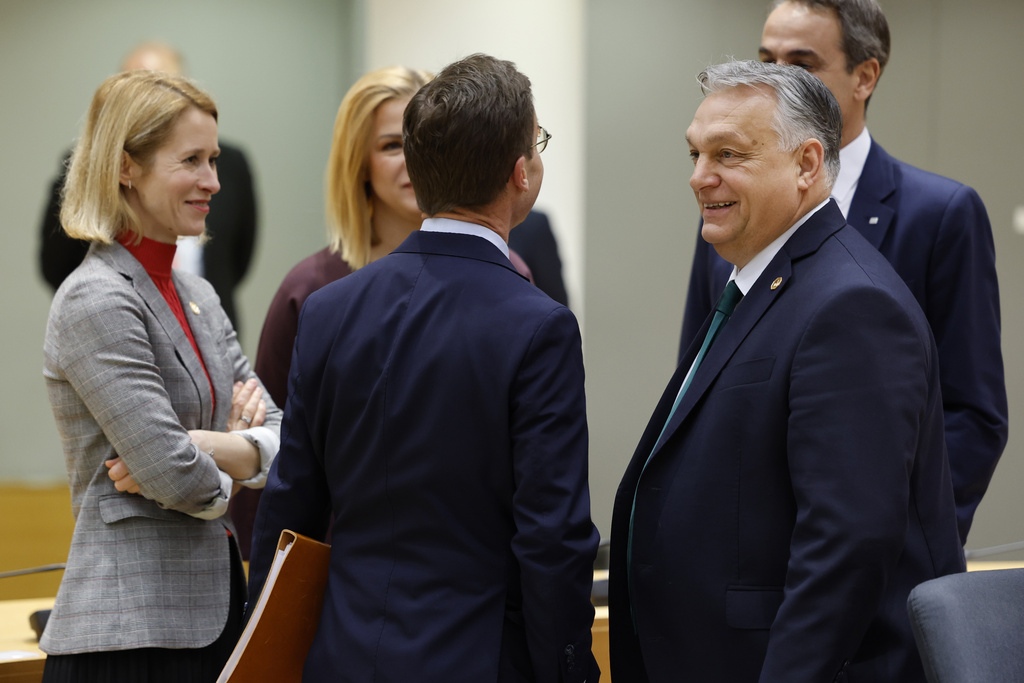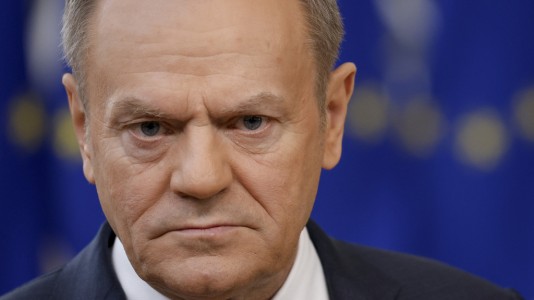The extraordinary summit of the European Council came to an unusually fast end late on Thursday morning, after national leaders opened up to Hungary’s compromise proposal and progress was made on EU money.
At the December EU summit, leaders discussed the revision of the European Union’s multiannual budget, with the European Commission asking member states for an extra €64.6 billion. A substantial part of this, €50 billion, was a four-year aid package for Ukraine.
Hungary vetoed this review in December because it saw no point in the European Union committing itself to a fixed payment for four years in advance, regardless of the rapidly changing military situation, without any possibility of review, settlement or modification in the meantime.
EU Affairs Minister János Bóka told Mandiner in January that it is absolutely unthinkable that Hungary should vote for a proposal unchanged, which it had already rejected once in December. Balázs Orbán made it clear in Brussels in December that if member states want to finance Ukraine as part of the EU budget review, they must also solve the problem of Hungary’s lack of access to some of the funds it is entitled to under the budget.
At the same time, the prime minister indicated that Hungary is not opposed to supporting Ukraine itself, and during the January talks the Hungarian government offered a compromise solution: They would contribute to the 50 billion aid for four years if the Council would review it every year.
At the recent summit, Hungary’s requests for a regular review of support to Ukraine and access to EU funds were both agreed to by the other member states, so a compromise was quickly reached.
Orbán discussed Hungary’s position with the Italian, French and German heads of government, as well as the presidents of the European Commission and the European Council.
Firstly, Hungary has achieved that the aid to Ukraine should be disbursed under a strict review system and that Ukraine will have to account for the aid: The European Commission will have to provide a detailed annual report on the use of the aid to Ukraine, which will be presented to the European Council.
Secondly, the heads of state and government of the European Council sent a clear message to both the European Commission and the European Parliament that the Brussels institutions should not go beyond their legal limits in their procedures regarding Hungary’s use of EU funds.






